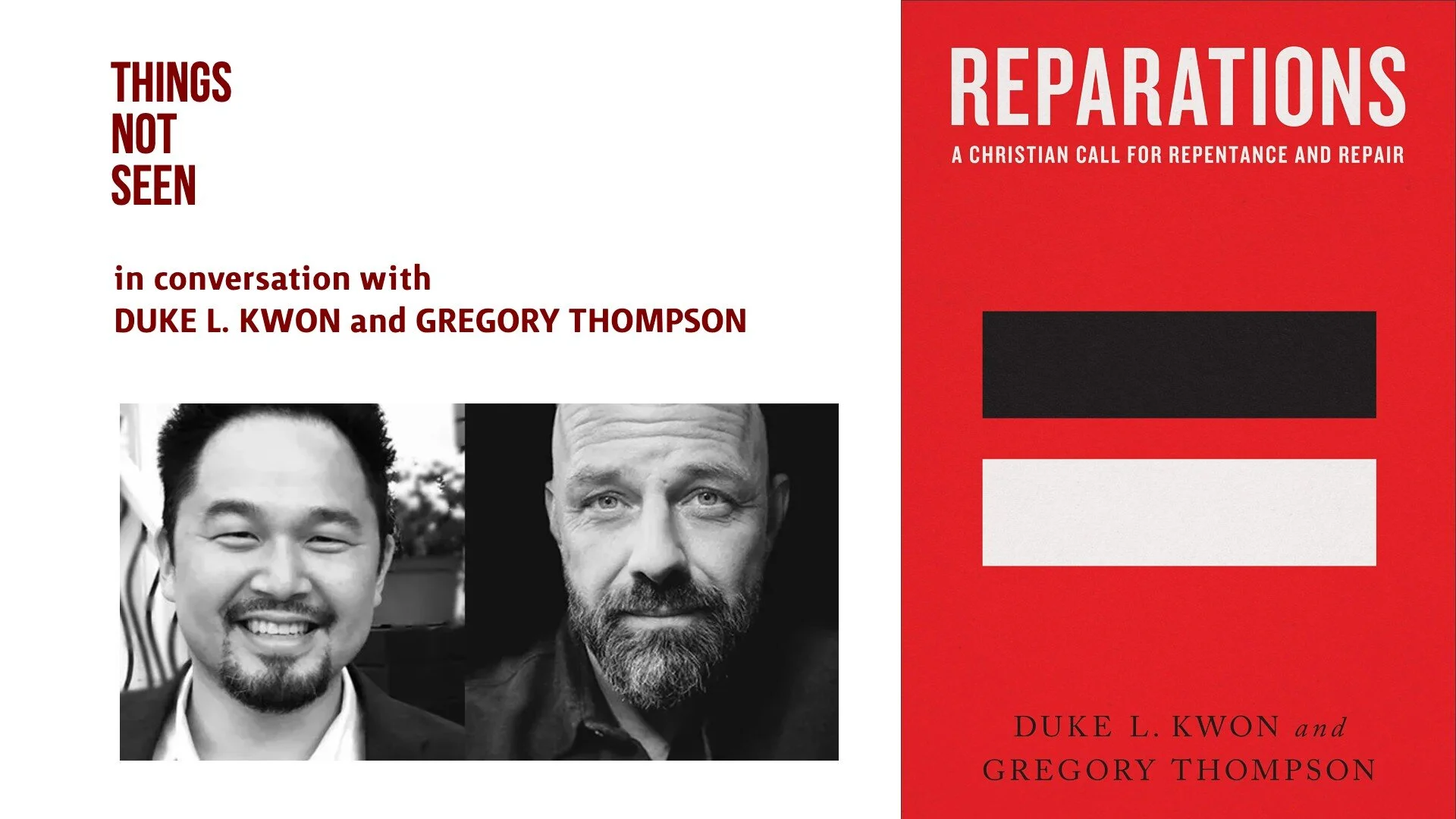A Fresh Look at Populism in American Politics: Thomas Frank
In the last few years, the word “populist” has had a resurgence, and has been applied to the recent campaigns of Bernie Sanders, Donald Trump, and the Tea Party. In his recent book, The People, No, our guest, Thomas Frank, takes a fresh look at the origins of populism, to recover its promise and its politics.
According to Frank, the real story of populism is an account of enlightenment and liberation; it is the story of American democracy itself, of its ever-widening promise of a decent life for all. Taking us from the tumultuous 1890s, when the radical left-wing Populist Party―the biggest mass movement in American history―fought Gilded Age plutocrats to the reformers’ great triumphs under Franklin Roosevelt and Harry Truman, Frank reminds us how much we owe to the populist ethos.
Frank also shows that elitist groups have reliably detested populism, lashing out at working-class concerns. The anti-populist vituperations by the Washington centrists of today are only the latest expression.
Frank takes the title of his book from the epic poem by Carl Sandburg, The People, Yes, which serves as an ode to the populist spirit. It sings about similar struggles and vagaries that reside at the heart of Frank’s analysis. Frank concludes our conversation saying he is “not optimistic, but hopeful” about the rehabilitation of our political prospects in our present moment.
Thomas Frank is the author of Listen, Liberal, Pity the Billionaire, The Wrecking Crew, and What's the Matter with Kansas? A former columnist for The Wall Street Journal and Harper's, Frank is the founding editor of The Baffler and writes regularly for The Guardian. He lives outside Washington, D.C.





